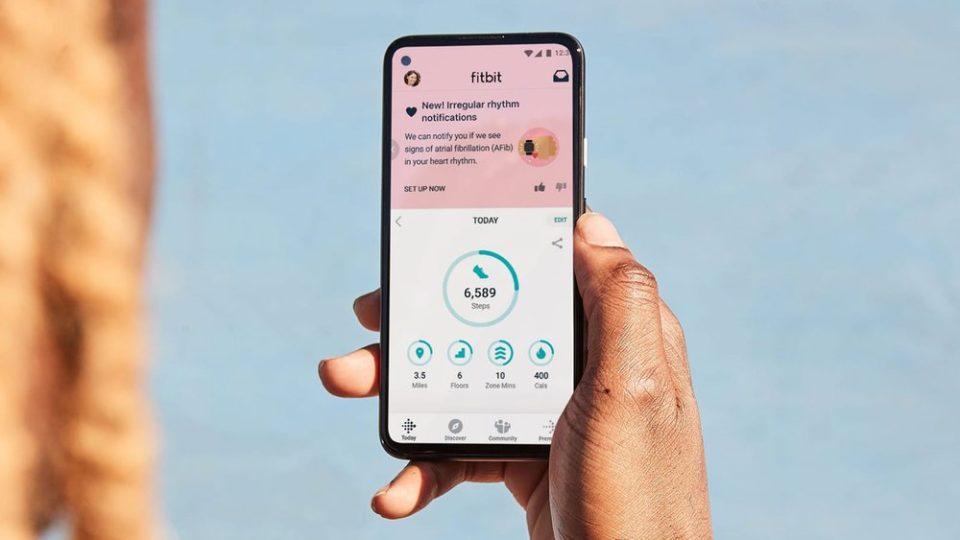two weeks ago, Google announced that it was seeking US Food and Drug Administration approval for a new atrial fibrillation (AFib) detecting technology it planned to roll out to Fibit wearables. Today, the company confirmed that the FDA has approved the PPG (photoplethysmography) algorithm tech.
AFib detection has become an increasingly essential feature in health-focused wearables. As Google notes in a blog post, some 33.5 million people across the world suffer from the form of irregular heartbeat, which can increase the risk of stroke by around 5x. On a personal note, a friend’s husband went into the hospital over the unexpected consequences of the syndrome and along with medication, the doctor strongly recommended a consumer wearable (specifically the Apple Watch, in this case). These devices have evolved rapidly from simple step counters to important medical tools.
Image Credits: Google
The received company validation for PPG in part due to its 2020 HeartStudy, which monitored some 450,000 people over the course of five months. It notes a 98% efficacy rate in AFib episodes compared to purpose-built ECG patches. Fitbit describes the technology thusly,
When your heart beats, tiny blood vessels throughout your body expand and contract based on changes in blood volume. Fitbit’s PPG optical heart rate sensor can detect these volume changes right from your wrist. These measurements determine your heart rhythm, which the detection algorithm then analyzes for irregularities and potential signs of atrial fibrillation.
The new tech provides a more always-on approach to AFib detection, versus the periodic checks currently available through the Fitbit app. More consistent monitoring allows the device to check when the user is at rest or asleep — often the optimal time to detect irregularities in heart rhythms.
It’s set to be rolled out to heart-monitoring devices “soon” for consumers in the US The addition of the technology should make it broadly available across the firm’s wide range of wearable price points.
